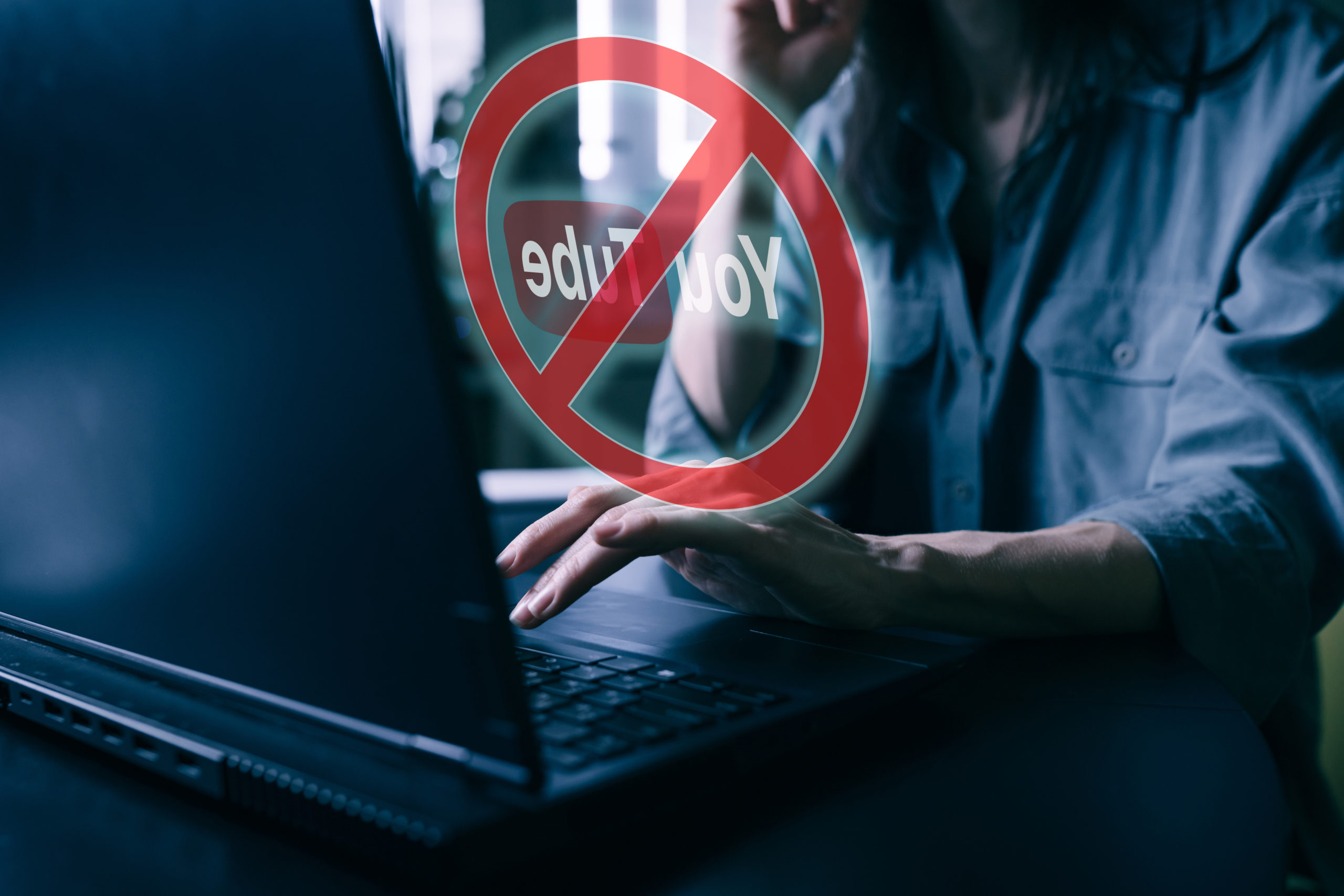General Internet Guidelines For Safe & Private Navigation
Every time you connect to the internet with your devices there are basic rules of conduct as well as tools that contribute to a safe and private navigation. With cybercrime and social engineering attacks on the rise, it’s sensible to keep yourself safe and secure on the web. Guarding your privacy online might require some extra effort, but it will keep your personal data protected and private. On top of that, it will keep stalkers away.
Below are 7 online privacy tips that can help keep you and your data safe.
1. Keep your apps up-to-date
Keeping your apps updated, not only will give you a better user experience, improved functionality and additional features, but your online privacy will benefit from this too.
It’s easy to ignore those annoying notifications reminding you of the latest software update, but they serve an important purpose. Millions of new malware types are released into the wild daily, which is why we advise you to safeguard your devices by keeping your apps up-to-date.
2. Always use incognito browsing when sharing a device
When using the internet from a device that you share with others, it is wise to use anonymous browsing. This way, your activity will not be visible to other people who are using the same device.
3. Be suspicious about online contests, surveys, or guaranteed prizes
Companies often use some marketing tricks to convince you to share with them your email address and personal details. Although, giving your email address out may not seem like a big deal, the truth is that your personal information will be probably used for advertising. Them selling your email address to other organizations is another possible scenario, which is even worse.
Contests and prizes might seem appealing, however does a free hotel accommodation worth to put your privacy at a risk? Afterall, chances are you almost certainly won’t win any prize, and your data will end up into wrong hands.
4. Start using a Virtual Private Network (VPN)
Every time you connect to the internet, the internet service provider, the websites you visit, and even other users of the network you use, can monitor your internet behaviour through your IP address. To be more secure you can start using a VPN.
Imagine VPN as a tunnel. Your internet connection goes through this tunnel, which hides your IP address before it even becomes visible to the aforementioned. They can only see the VPN provider and not you. However, you should always remember that your IP address, and therefore your behaviour and all your internet traffic, is visible to the VPN provider you have chosen to use. So you have to be very careful with your choice.
When choosing a VPN provider you should always take into consideration what personal data are being collected, and remember that if something is provided for free, you may be paying with your personal data. As a responsible consumer you need to do your research and come up with the VPN provider that suits you.
5. Get yourself informed about alternative products and services
You may still use the same browsers, the same search engines and the same email, since the day you used the internet for the very first time. There is nothing wrong with it, as long as you are fully aware of the personal data you share with the aforementioned as well as the alternative options that are available to you.
Email is something you definitely use on a regular basis. There are many options that offer you protection and end-to-end encryption. When your conversations are encrypted, you know that neither the service provider nor third parties, such as secret services or cybercriminals, are able to read the content. On the other hand, when your conversations are not encrypted, e.g., when you use the simple mail exchange service, the service provider and third parties can view the content of your communication.
6. Use Strong Passwords
A strong password is the first line of defence against unauthorized access to our personal information. Strong passwords are alphanumeric and consist of numbers, letters, and special characters. When creating a new password remember the following tips:
- Avoid personal information: Information related to your name, birthday, home address or email address is frequently publicly available, which makes it easier for someone to guess your password.
- Go for a larger password: Your password should be seven characters minimum, although for extra security it could be even longer.
- Create a different password for each account: Many people find it easier to create a single password and use it for all of their online accounts. However, this is something that could put their accounts at a risk. If someone discovers your password for one account, all of your other accounts will be then easily accessible.
- Mix a lot: Having a password that combines numbers, symbols, uppercase and lowercase letters, with no pattern, makes the access harder for hackers and strangers who might attend to enter your accounts.
- Create your own combination of letters: Avoid using words that can be found in the dictionary. For example, football123 would be a weak password. Try instead, something similar to this FtOo1AlL23b.
- Random passwords are the best: If you’re having trouble creating one, there are multiple free password generator tools online. They can create strong passwords for you and will keep you safe from being attacked online.
7. Don’t access confidential accounts on public networks or devices
It’s better to avoid entering your social media or online bank accounts at all when you’re using a public Wi-Fi network such as those in train stations, coffee shops, airports, and shops. This kind of networks often collect and send your private info to third parties. Rogue networks can spy on your online activity, still your passwords, and even inject malware onto your device.
Of course if you have a reliable VPN installed on your device, you don’t have to worry, as a VPN acts as a protective mantle to any possible attack.
Click here and find out everything you should know about VPNs.

